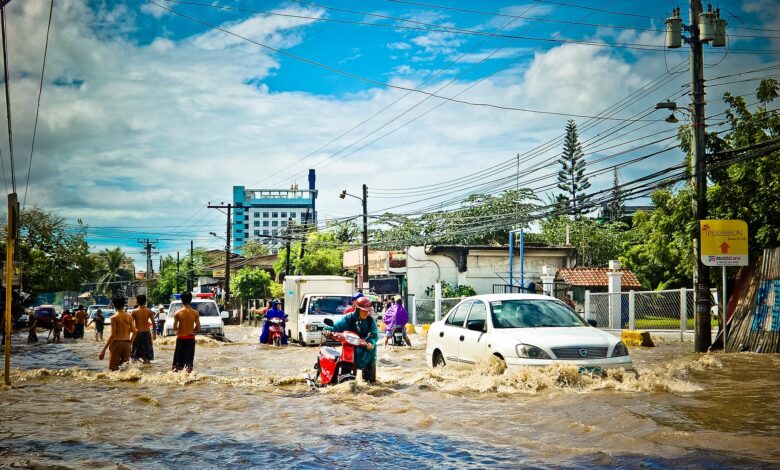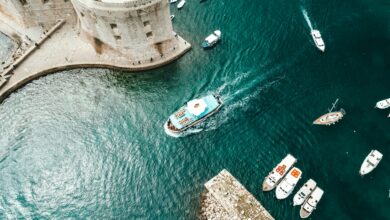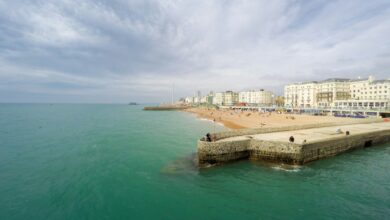
Flooding is one of the most devastating natural disasters.
Each year, more deaths occur because of flooding than any other storm-related hazard. In fact, it’s estimated that 90% of natural disaster declarations involve flooding.
Besides threatening lives and causing damages to property, floods can also ruin your travel plans for the holiday. When floods occur, they can cause significant damages to roads and highways, making it unsafe to travel.
But floods don’t need to be as severe as those in Bangladesh to ruin your travel plans. Just two feet of fast-moving water is enough to carry any small vehicle.
That said, natural disasters such as floods are inevitable, but there are measures you can take to protect yourself and your loved ones while traveling. Here are some handy tips for staying safe from floods while traveling.
1. Listen to Official Reports of Flooding
If you aren’t sure whether it’s safe to travel to a flood-prone area, listen to news reports to determine the risk level of the area you intend to stay.
Doing so is a great way to tell which areas are heavily affected by floods, and some news reports may even issue a warning to those who plan on traveling. If no flooding news is reported over the radio, you could check the FEMA website for flood-related information.
The Federal Emergency Management Agency (FEMA) has a tool that classifies areas based on the likelihood that they’ll experience a flood. You can visit their website to find out not just about flood zones but your overall risk level.
Generally, the Flood Map Service Center labels flood zones alphabetically—from Zone A to D and Zone V for high-risk flood areas in coastal regions.
Zone A is considered a non-coastal flood hazard zone, and care should be taken when traveling to these regions. Getting the facts right about where you’re planning to travel or stay can help to ensure you’re prepared for a flood.
2. Avoid Standing Water
The majority of drownings occur when a vehicle is driven into hazardous flood water.
If you come across a flooded road when driving, it’s advisable to turn around or find an alternative route. However, if there is no alternative route but to drive through standing water, please take these precautions before driving through it.
- Dip a stick to determine how deep the water is
- Check for hazardous items in the water. For example, ensure there are no downed power lines or sharp objects that can trap your vehicle.
- Drive through it at a slow and steady pace
If your car gets trapped, you must abandon it for safety. You could ask a few people in the neighborhood for help or call 911 if you can’t safely exit the vehicle.
3. Move to a Higher Ground
If you’re traveling to a flood-prone area, try to book a hotel on a more elevated ground.
If that’s not possible, opt for the upper floor. A two-story hotel or apartment could end up waterlogged downstairs in the event of a flood. If you’re in the lower levels and water creeps inside your accommodation, be careful with electrical appliances.
The safest thing to do is to switch off all electrical appliances. This is because electrical currents travel through water, and a hazardous current flow can occur from submerged or faulty electrical equipment, posing a risk of electrocution.
4. Abandon a Stalled Car
If your car gets trapped in a flood, get out right away.
Don’t try to move it, as this will increase your risk of getting trapped in the flood. Instead, get away from the danger zone as fast as possible.
A car doesn’t provide a safe haven in the event of a flood.
If the magnitude of the flood increases, your car will likely be pushed to the sides or float away in the water, and there is a risk of it being flipped over by the rushing water. Should this happen, anyone inside will get trapped and possibly drown.
We hope these tips will ensure your safety when traveling to a flood-prone area. Feel free to comment and share.
Source link






